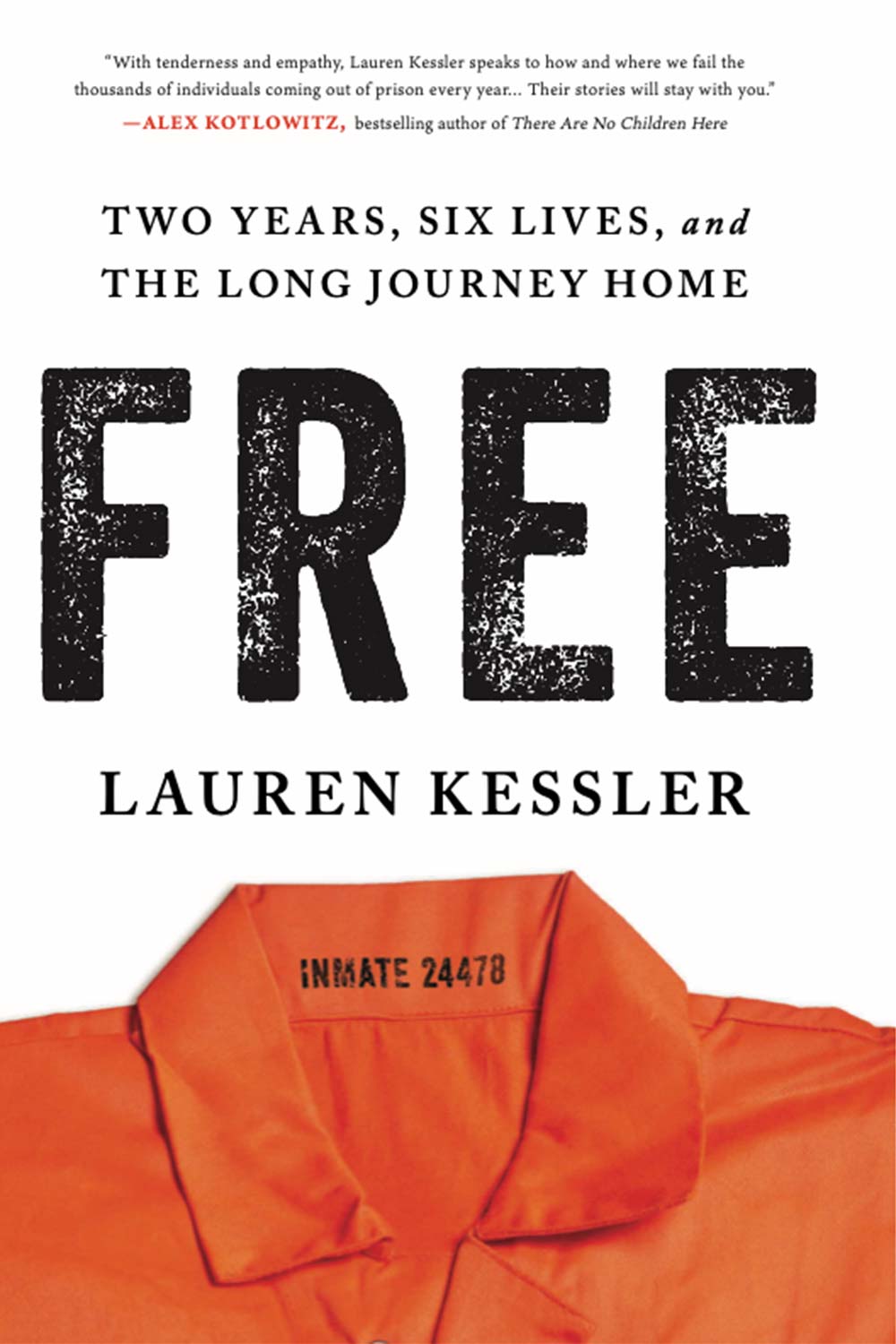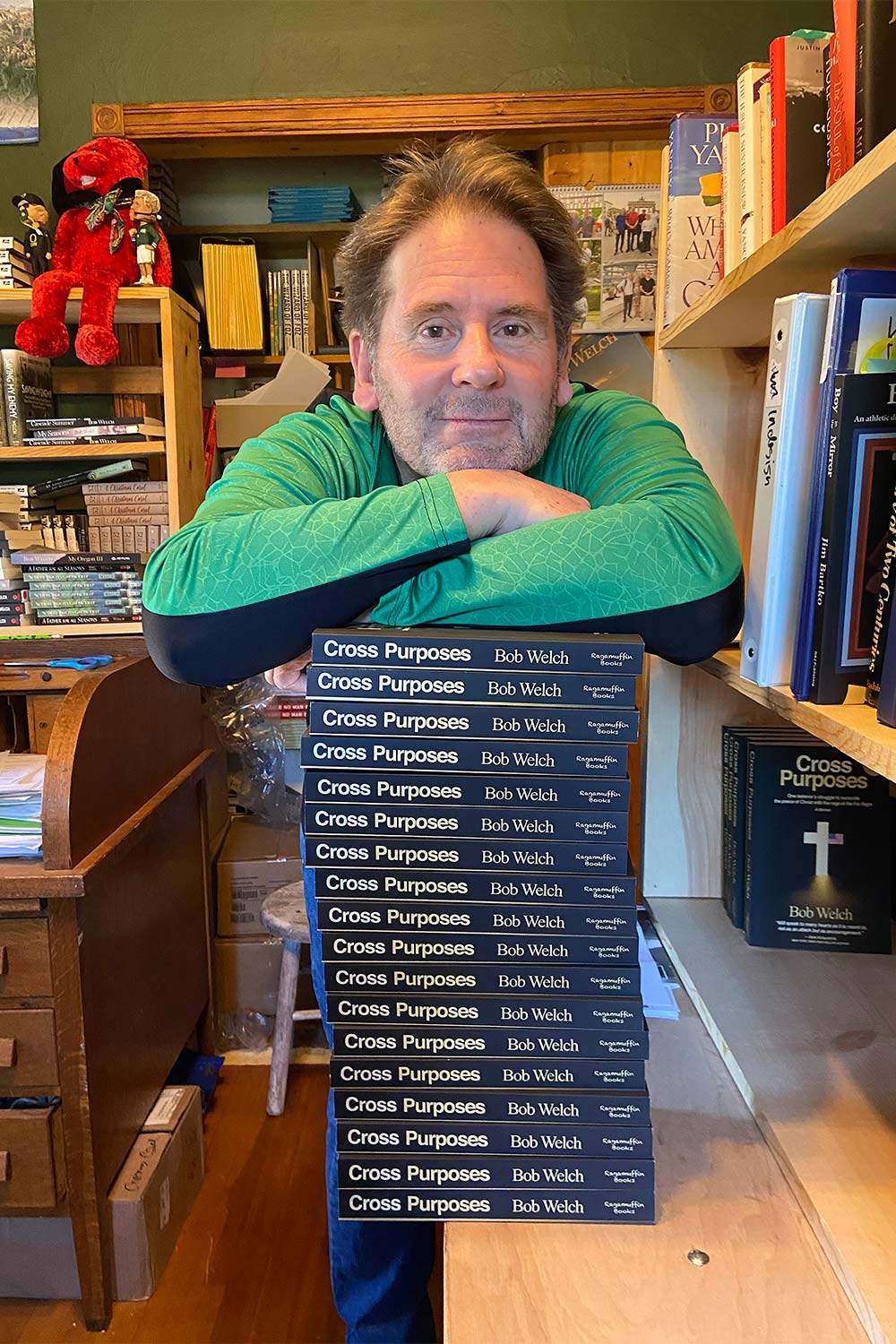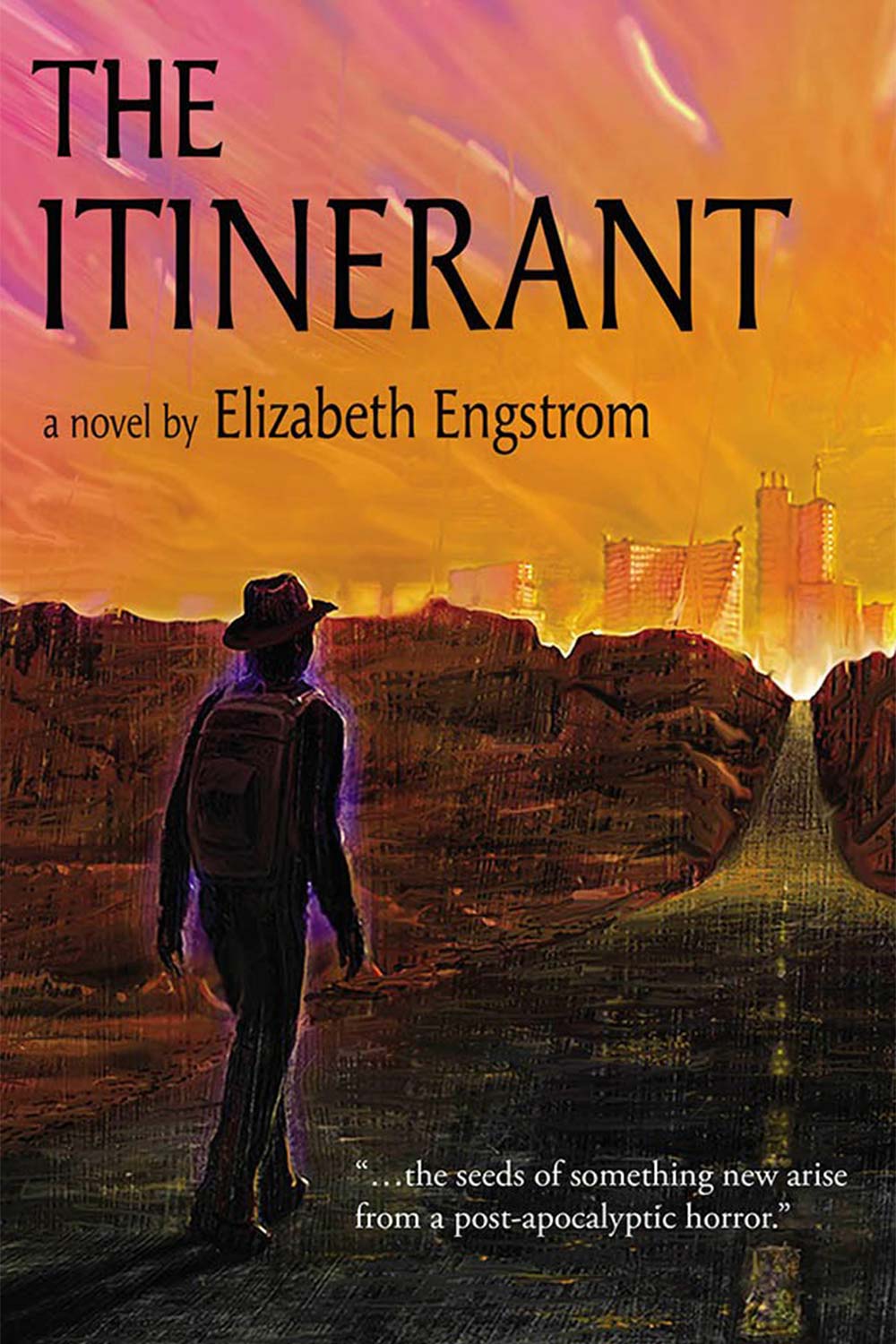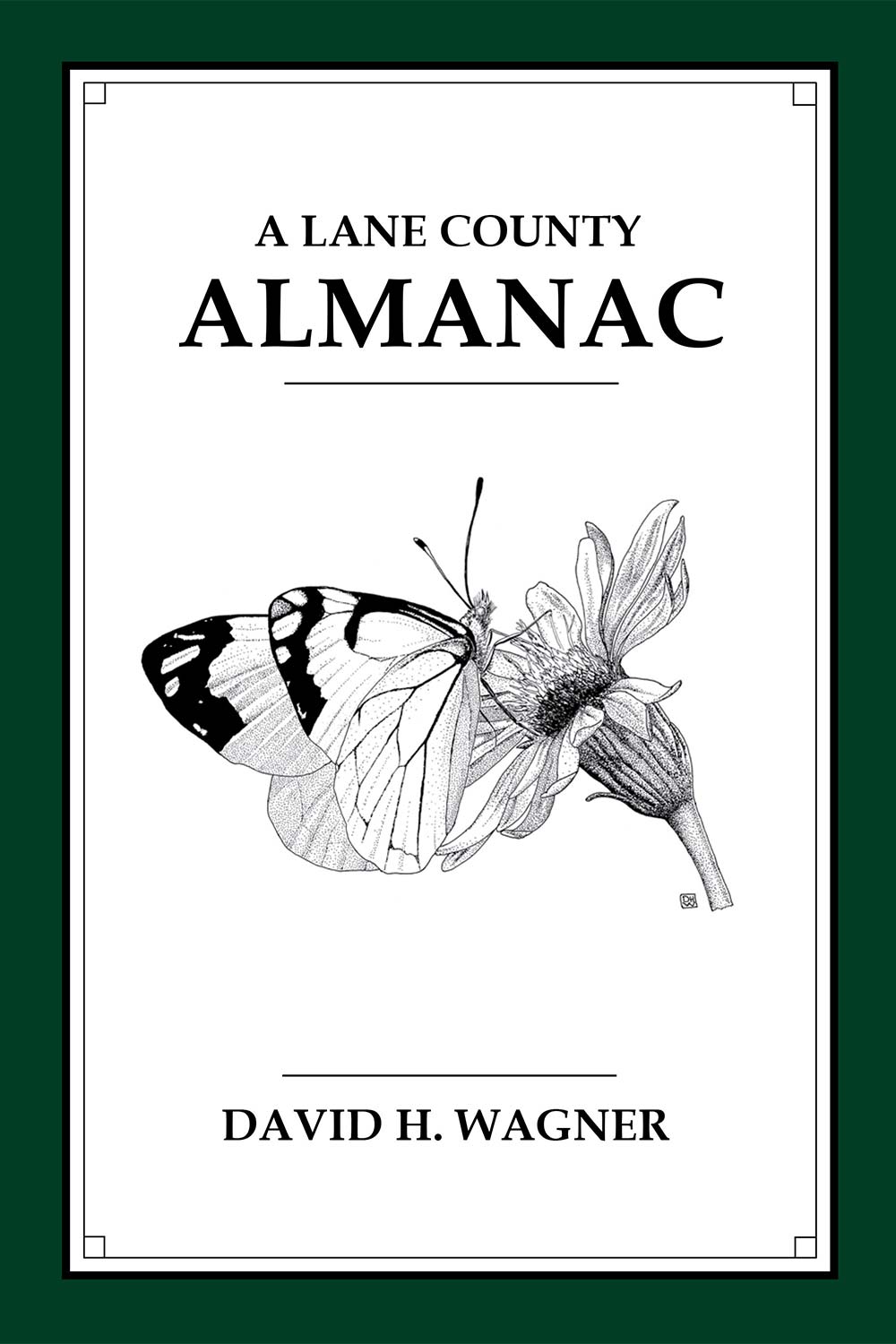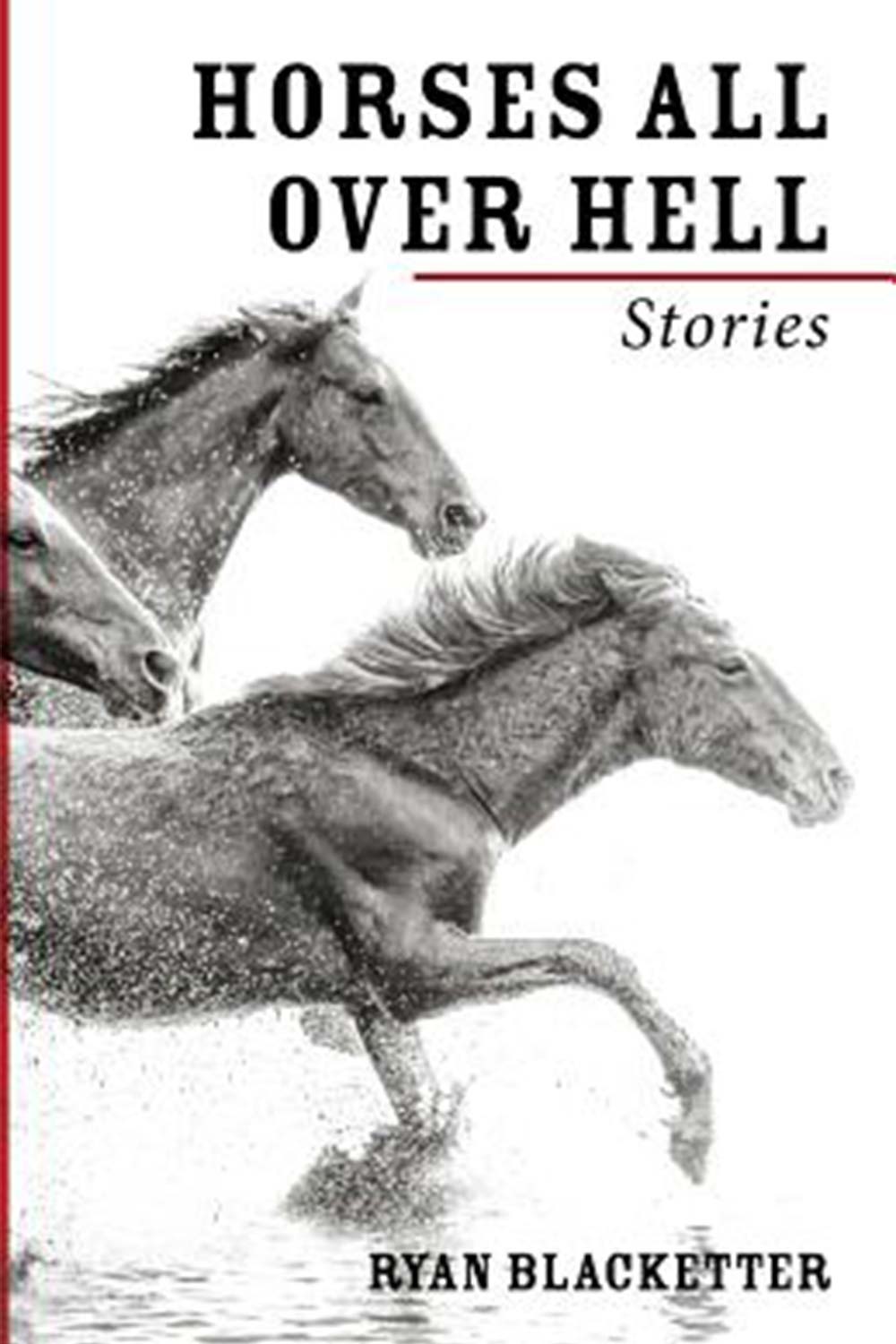Perhaps there’s something in the air. Maybe it’s all that pandemic isolation. Or just possibly Eugene really is a great city of the arts and the outdoors, whether we have a city hall or not. Whatever the reason, local authors have produced a bumper crop of great new books in recent months.
There is serious nonfiction like Garrett Hongo’s The Perfect Sound, detailing his epic quest to assemble a perfect hifi sound system, and former Register-Guard columnist Bob Welch’s starkly confessional Cross Purposes, which charts his attempt as an evangelical Christian to come to terms with the radical right. There’s deep escapist fiction like Liz Engstrom’s The Itinerant, which imagines a plague hitting the U.S. (even though she wrote the whole thing before there was one). And there’s nature, as seen through the eyes of hiking guru Bill Sullivan and Eugene Weekly nature columnist David Wagner. We got the books, and EW staffers read them. Here’s what we found. — Bob Keefer
The Perfect Sound: A Memoir in Stereo
Garrett Hongo, Pantheon Books, $30
The University of Oregon’s distinguished professor in the College of Arts and Sciences and published poet Garrett Hongo is the stereo equipment guru with his circle of artist friends.
“I’m the go-to Ann Landers of audio lonely hearts,” Hongo tells Eugene Weekly. “I have two Pulitzer Prize winners who call me up for advice, a McArthur fellow. I should ask them how to get a McArthur.”
Hongo’s newest book, The Perfect Sound: A Memoir in Stereo, dives into his passion as an audiophile. But it’s not a memoir in the strictest sense, he says. Sure, the first section is, as he connects to his father’s interest with audio equipment and his musical memories, but it also has broader reporting as he digs into the music world, such as the invention of the phonograph.
Hongo went on the quest to find the perfect audio system after experiencing an opera at La Scala. Around 2005, after years of an unlucky search for a decent stereo, a friend sold him a CD player and equipment and Hongo put in a Duke Ellington album. “It just knocked me out,” he says. “It was like the notes were dancing in front of me.” He called his friend, who then told him he was in for a good ride.
So he pitched writing about this audio ride to his book publisher, who he says then gave him a cash advance that covered the cost of a stereo amplifier.
The book about Hongo’s audio equipment hobby helped him reconnect with memories of his father. In the first section of the book, Hongo writes about working with his father — who had lost a lot of his hearing either from his military service or from a childhood bout of scarlet fever — and reporting what he heard over the radio.
As Hongo listened to music, he says it reminded him of his life, which is captured in the book. “Doo-wop reminded me of my teenage years, Hawaiian of my childhood. So I started writing a narration of how I came up to when I became a poet.” — Henry Houston
Free: Two Years, Six Lives, and the Long Journey Home
Lauren Kessler, SourceBooks.com, $26.99
Sociologists have called it “asynchronicity,” or a lack of concurrence of time, and prisoners know this well.
Time is frozen for incarcerated men and women who have been inside cages and walls for years, even decades. Family relationships change and societal norms evolve, all on the outside, and when prisoners are released, they face a bewildering spectrum of choices the rest of us take for granted.
Lauren Kessler, a retired University of Oregon journalism professor who has worked with and written extensively about the incarcerated in Oregon, offers a deep dive into the lives of six people — four men and two women — who are re-entering society in her new book Free. It’s a poignant look at how these six people are reclaiming and reshaping their lives in a challenging environment.
Eugene Weekly readers know of Kessler’s work in this area. Before the pandemic suspended all volunteer programs at Oregon prisons, she led a creative writing program at the Oregon State Penitentiary in Salem. “Life Inside” took readers through the isolation and broken dreams of prisoners in spare and vivid detail.
Kessler notes to EW that three members of that group have been released “and we have continued and strengthened our relationship.” She also, through conventional mail, helps with other members of the group on their writing journeys.
Kessler will appear at Tsunami Books 7 pm Thursday, May 19. She will be joined by Sterling Cunio, one of the six people who Kessler chronicles in Free. — Dan Buckwalter
Cross Purposes: One Believer’s Struggle to Reconcile the Peace of Christ with the Rage of the Far Right
Bob Welch, Ragamuffin Books, $23.95
Former Register-Guard columnist Bob Welch suffered a personal crisis when confronted with the presidential candidacy of Donald Trump. A longtime evangelical Christian, Welch was having increasing difficulty reconciling basic Christian values — such as honesty, humility and generosity — with Trump’s steady and dishonest stream of vitriol for immigrants, minorities, women and the poor.
Most of Welch’s friends, and most evangelical church leaders, supported Trump, he writes in this remarkable new book. And Christian evangelicals — himself included — simply retreated into comfortable silence at the prospect of a Trump presidency.
Cross Purposes is at once a detailed history of the merging of far right and Christian politics and a memoir of Welch’s sometimes uneasy dual life as an evangelical working for years in the largely liberal, thoroughly agnostic mainstream media. “My faith and my profession had long been at odds with each other, but Trump brought the simmering to a boil,” he writes. “As an evangelical, I was scorned by the very media of which I was part. As a journalist, I was maligned as an ‘enemy of the people.’ Thus I had a unique perspective from which to watch the Trump parade.”
But by 2020, Welch writes, he had realized that silence was no longer an option. He began to research and write the most uncomfortable book he’s ever set out to do. A longtime successful writer for the Christian as well as the secular book markets, with 18 titles to his credit and a guest appearance on the 700 Club, Welch was shocked but not surprised when his agent “passed without hesitation” on the book proposal. He decided to self publish, “knowing I could make more money dishing up kung pao chicken at Panda Express.”
At 360 pages, this is a hefty book. But it invites deep skimming with its mix of personal anecdotes and occasional startling declarations. “I began wondering if evangelical churches today would welcome Jesus himself were He to show up,” Welch laments at one point. “He might be considered too radical. Too woke.”
Full disclosure: I worked with Welch at The Register-Guard, where for some years he was my editor in the features department. To be honest, without that experience I probably would never have read this book. But knowing Welch’s deep integrity whetted my curiosity. And it comes as no surprise to me that, in an afterword, he sketches out one final personal hope about Trump. “Can I forgive him?” Welch writes. “Can I pray that he might find the humility to allow God and others to matter to him more than himself? I hope so.” — Bob Keefer
The Itinerant
Elizabeth Engstrom, IFDPublishing.com, $11.95 ($6.95 Kindle)
Imagine what life would be like if the pandemic had been worse. A whole lot worse.
Eugene horror and suspense writer Liz Engstrom has done just that, writing this novel well more than a year before COVID-19 had even been identified and anyone outside of research labs was using the word “coronavirus.”
In The Itinerant, a brutal variety of flu has swept the world, leaving only small bands of survivors trying to make their way in a post-apocalyptic landscape. In the book’s prologue, Engstrom writes: “People wore masks for a while, but it didn’t seem to help. The virus came in on the wind, and if you got it you died, and died quickly… Governments were in chaos, blaming each other for biological warfare run amok. Some thought that the wealthier countries hoarded a cure, and as their governments collapsed, desperate rebel forces took control of the media and the militia.”
Sound at all familiar?
Former director of the Maui Writers Retreat and a founder of Wordcrafters in Eugene, Engstrom is an expert at suspense, with more than a dozen creepy novels and short story collections to her credit. The Itinerant, though, offers more than breathtaking chills and thrills as it works its way to a final spiritual resolution.
Just don’t read it if you’re wondering where your sudden hacking cough came from. — Bob Keefer
100 Hikes: Eastern Oregon
William L. Sullivan, Navillus Press, $19.20
This year brings a big event for those of us fond of poking around the eastern Oregon desert: Eugene hiking guru Bill Sullivan has updated his classic 2001 hiking guide to all that spacious country east of the Cascades. 100 Hikes: Eastern Oregon is 48 pages longer than the original 240-page volume, includes a lot of beautiful color photography of the region and offers such updated information as GPS coordinates for some of the places mentioned, which can be helpful when traveling those desert roads and trails less taken. He’s also changed up the selections a bit, for example dropping the 7-mile hike up Crooked Creek north of Lakeview from his top 100 (it’s now included in the 99 also-rans that follow the main list) but now including Chalk Basin near the Owyhee River. — Bob Keefer
A Lane County Almanac
David H. Wagner, Northwest Botanical Institute, $25
I have had the pleasure of editing and reading David Wagner’s short nature musings each month for more than a decade. Once I reached out to him about a peculiar phrasing, and he explained that tasked with writing a 250-word column, he religiously kept to the word count each time. That attention to detail marks his columns and his lovely book that stemmed from “It’s About Time.”
A Lane County Almanac brings together Wagner’s nature writing, where you might learn that Oregon’s white oak doesn’t leaf out until May, with gardening tips and scientific observations. You can read part 1, the almanac, monthly and see what nature, from the marvelous to the minuscule, to look out for, or you can read it like you might read the second half of essays — in small pleasant bursts. Wagner told me recently that A Lane County Almanac will serve as the ending punctuation for his long-running column. I am sad not to have his meditations on the natural world to look forward to each month, but can flip open my own copy of the almanac whenever I feel the need to ponder our local nature, and so, readers, can you. — Camilla Mortensen
Horses All Over Hell
Ryan Blacketter, Wipf and Stock, $14
Set in a small Idaho town, the vignettes that make up Horses All Over Hell are stark and vivid. Ryan Blacketter, an Iowa Writers Workshop graduate and Eugene-area writer, steps into the perspective of young Corey as he and his brother, Matt, watch their family deal with alcohol addiction and their mother’s dive into religion. Blacketter has a talent for mimesis — bringing scenes before the mind’s eye — and while the stories don’t have a traditional narrative arc, the dialogue and realism Blacketter presents are what make the narratives. Like his debut novel, Down in the River, which was set in Eugene, Horses All Over Hell is dystopian and ultimately somebody’s recognizable here and now.
Ryan Blacketter will do a meet and greet, and sign copies of Horses All Over Hell 1 pm-3 pm Saturday, May 21, at the Eugene Barnes and Noble, 1163 Valley River Drive. — Camilla Mortensen


